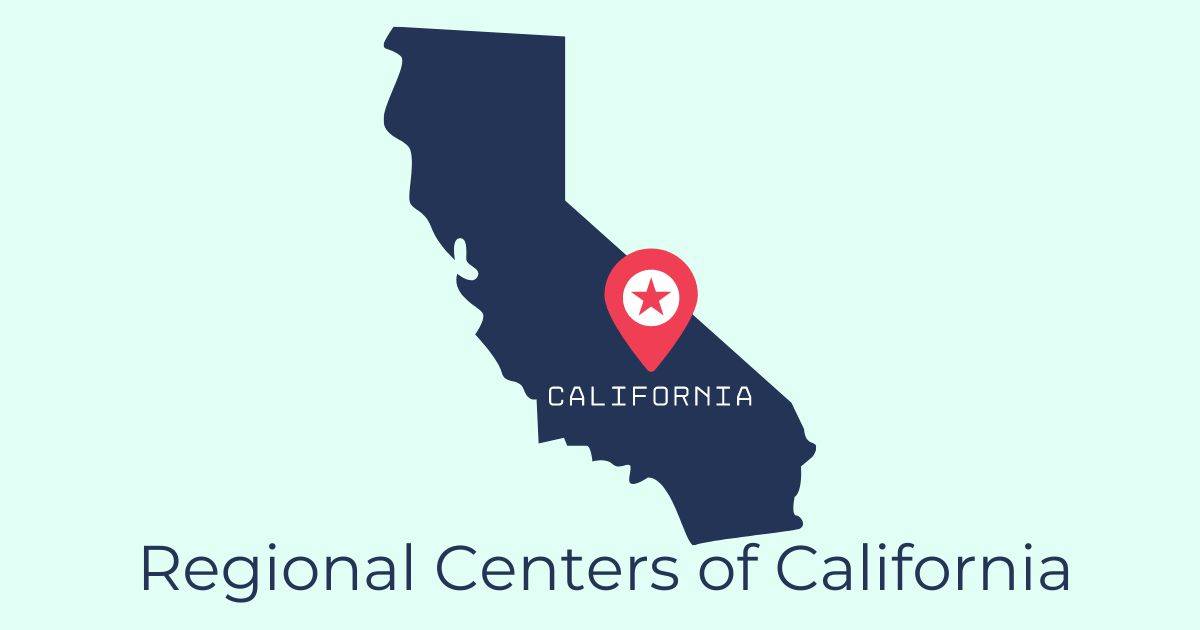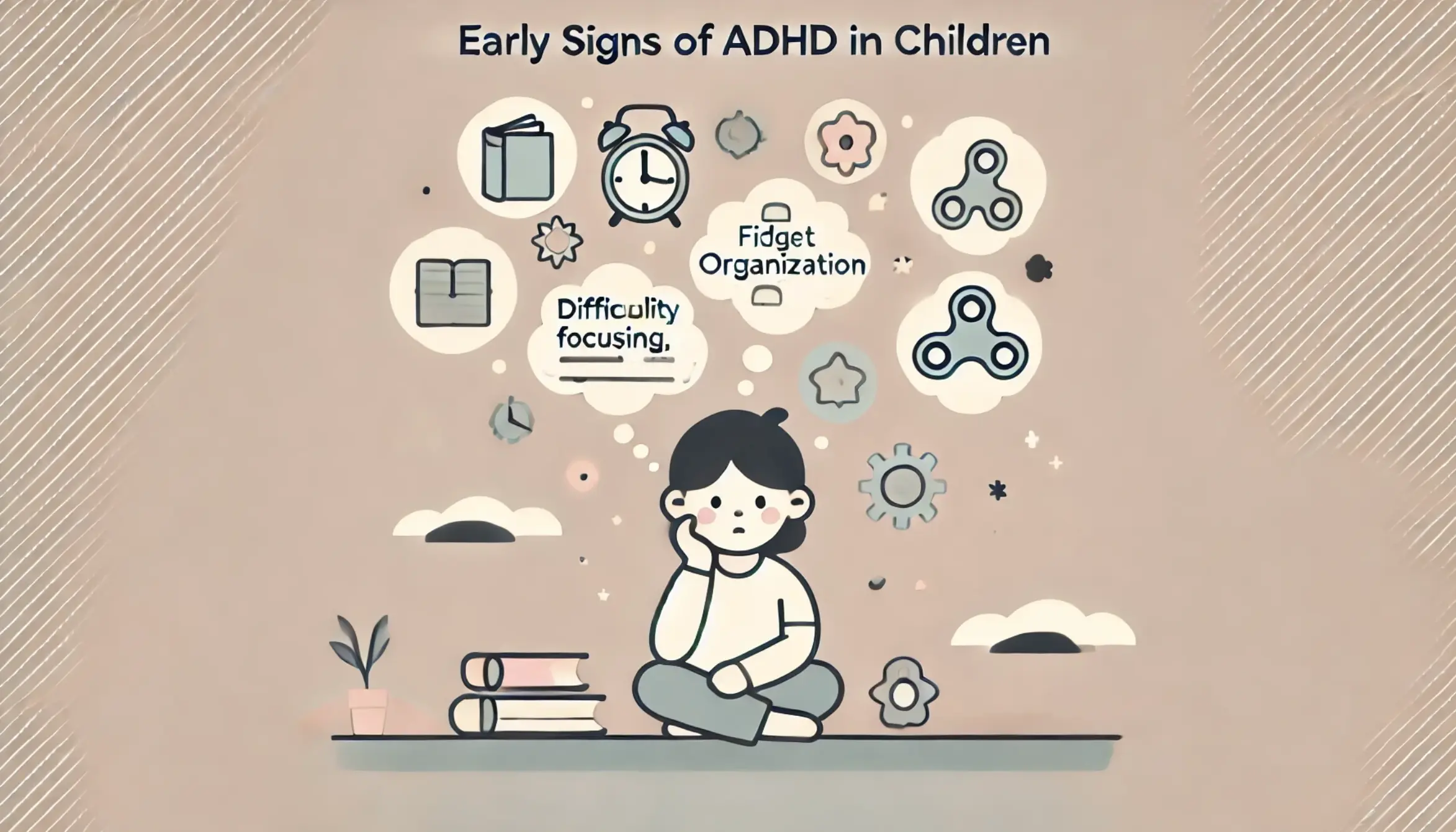Exploring the intersection of compassion and progress. This blog explains the crucial role of regional centers in California in fostering the well-being of individuals with developmental disabilities. These centers, strategically scattered across the state, serve as lifelines for individuals and families navigating the challenges of developmental disabilities. From San Diego to Sacramento, each Regional Center plays a crucial role in fostering community, support, and personalized care.
Join us as we explore the profound impact of these regional centers!
What Are Regional Centers in California?
In California, regional centers play a vital role in supporting and empowering individuals with developmental disabilities. These centers are nonprofit organizations strategically distributed throughout the state as hubs for many services and resources.
Established under the Lanterman Developmental Disabilities Services Act, the regional center for developmental disabilities serves as a lifeline for individuals and their families, connecting them with tailored assistance.
The primary mission of these centers is to assess and address the unique needs of individuals with developmental disabilities, ranging from autism, medical conditions like Epilepsy and Cerebral Palsy to intellectual disabilities. Regional centers collaborate with a diverse network of service providers to offer a comprehensive spectrum of support, including educational programs, vocational training, respite care, and housing assistance.
Individuals and their families can access these services through a person-centered planning approach, emphasizing the individual’s goals, preferences, and strengths. This personalized approach fosters a sense of autonomy and dignity for those receiving support.
Moreover, regional centers actively advocate for and promote policies that enhance the quality of life for individuals with developmental disabilities. By acting as advocates, coordinators, and facilitators, these centers contribute significantly to building inclusive communities and breaking down barriers for those facing developmental challenges in California.
How Do California Regional Centers Work?
Funded by the California Department of Developmental Services, California regional centers stand as compassionate pillars of support by offering crucial services such as diagnosis and assessment of eligibility for individuals with developmental disabilities. These centers serve as the initial entry point, conducting comprehensive evaluations to determine eligibility for various services available.
The diagnosis and assessment process is a vital first step, helping to identify the specific developmental challenges an individual may face. Crucially, regional center services operate on the commitment to accessibility, ensuring that individuals and their families can access these diagnostic and eligibility assessments without financial burden.
Remarkably, there’s no cost associated with the diagnosis and eligibility assessment, underscoring the state’s dedication to equitable access to essential services. Once you establish your eligibility, regional centers become crucial in the development and execution of Individualized Program Plans (IPPs).
They work closely with individuals and their families to plan, access, coordinate, and monitor a personalized array of services and supports. This holistic approach ensures that individuals receive tailored assistance, fostering growth, independence, and a higher quality of life for those navigating developmental disabilities in California.
What Is a Developmental Disability in California?
In California, the definition of a developmental disability is a severe and chronic impairment that originates before the age of 18 and substantially limits an individual’s ability to perform everyday activities. These disabilities encompass a range of conditions affecting cognitive, physical, and/or adaptive functioning.
Common examples include autism spectrum disorders, intellectual disabilities, cerebral palsy, epilepsy, and certain disabling conditions closely related to intellectual disabilities or requiring similar treatment.
The Lanterman Developmental Disabilities Services Act, enacted in California, explicitly outlines the criteria for determining developmental disabilities. It emphasizes the enduring nature of these impairments and their impact on daily life, recognizing the need for ongoing and specialized support.
Notably, the state places heavy emphasis on the provision of services and support that facilitate independence, productivity, and community inclusion for individuals with developmental disabilities.
Regional Center California plays a central role in implementing this framework, working tirelessly to assess eligibility, plan individualized support, coordinate services, and monitor progress. This comprehensive approach reflects the state’s commitment to enhancing the quality of life for those navigating developmental disabilities and promoting inclusivity across communities.
Does Autism Qualify for Disability in California?
Autism spectrum disorder (ASD) qualifies as a developmental disability in California, making individuals diagnosed with autism eligible for disability services and support through the state’s regional centers.
The Lanterman Developmental Disabilities Services Act specifically includes autism among the conditions that are considered developmental disabilities. For an individual to qualify, the onset of autism must occur before the age of 18, and the disorder must substantially limit their ability to perform everyday activities.
Challenges in social interaction, communication, and repetitive behaviors characterize autism. The spectrum nature of the disorder means that individuals with autism may exhibit a wide range of strengths and challenges, and the severity of symptoms can vary from person to person.
Regional center services for autism play a vital role in evaluating eligibility for disability services related to autism. Once you become eligible, these centers work collaboratively with individuals and their families to create Individualized Program Plans (IPPs) tailored to the unique needs and goals of those with autism.
This comprehensive support includes access to educational programs, behavioral interventions, therapy services, and other resources to promote independence and enhance the overall quality of life for individuals on the autism spectrum in California.
Is California a Good State for Autism Services?
California is widely recognized as a leading state for autism services, offering a comprehensive network of support for individuals on the autism spectrum. The state’s commitment to inclusivity and the well-being of individuals with developmental disabilities is evident through the services provided by its regional centers.
These centers, dispersed strategically throughout the state, act as hubs for assessment, coordination, and provision of services tailored to the unique needs of individuals with autism.
California’s approach to autism services emphasizes early intervention, education, and a person-centered approach. The state has made significant strides in increasing awareness and understanding of autism, resulting in improved diagnostic and intervention services.
Additionally, California has invested in a range of therapeutic services, behavioral interventions, and educational programs aimed at enhancing the quality of life for individuals with autism.
Furthermore, the state’s commitment extends to legislative measures, ensuring that individuals with autism have access to necessary resources, including insurance coverage for behavioral health treatments.
While challenges persist, California’s dedication to advancing autism services, coupled with its diverse and dynamic communities, makes it a favorable environment for those seeking support and inclusion for individuals on the autism spectrum.
APS Autism Evaluation Services in Oakland, CA
After visiting the regional center in Oakland, if you still require additional assistance navigating autism services, consider contacting our team at Ability Psychological Services.
Our dedicated organization specializes in providing comprehensive support for individuals on the autism spectrum.
APS autism evaluation services are committed to tailoring resources to meet the unique needs of those with autism, ensuring a personalized and effective approach. By contacting us, you will gain access to valuable guidance on available services, assessments, and the development of individualized plans.
Collaborating with us, especially after you visit the regional center, strengthens your support network and enhances the spectrum of available resources.
Together, we can work harmoniously to foster well-being, independence, and inclusivity for individuals with autism, creating a pathway to a more supportive and understanding community.





